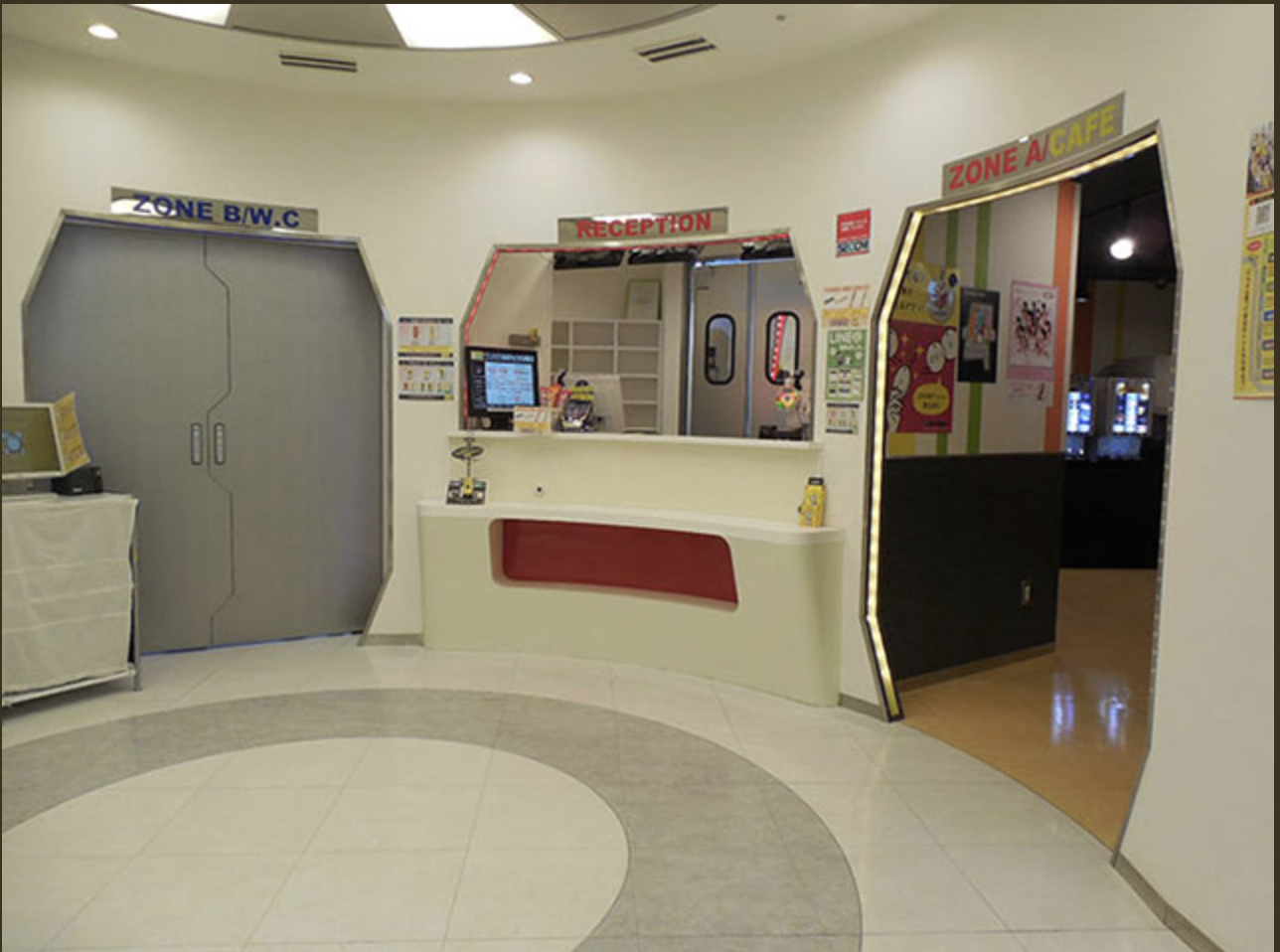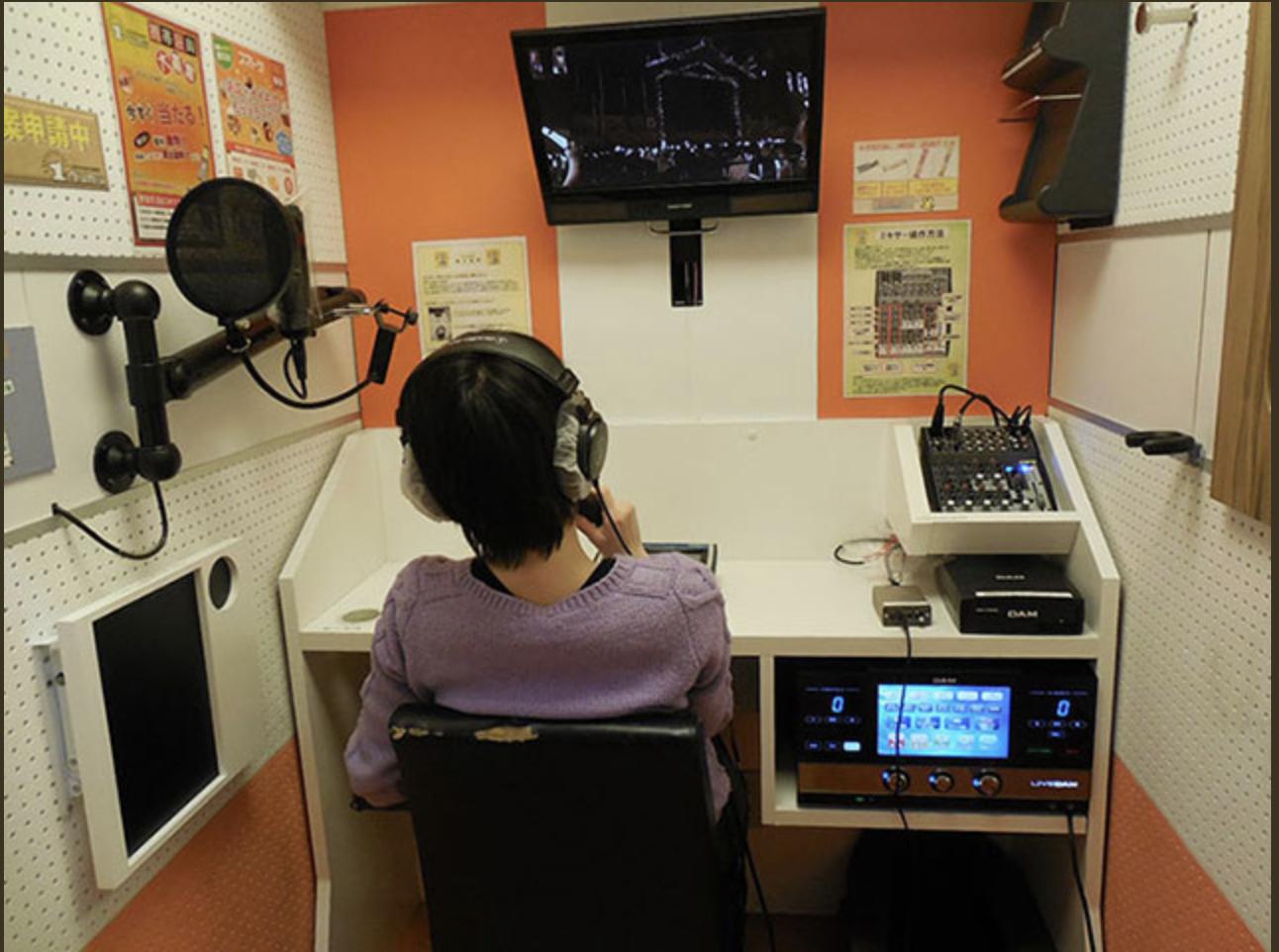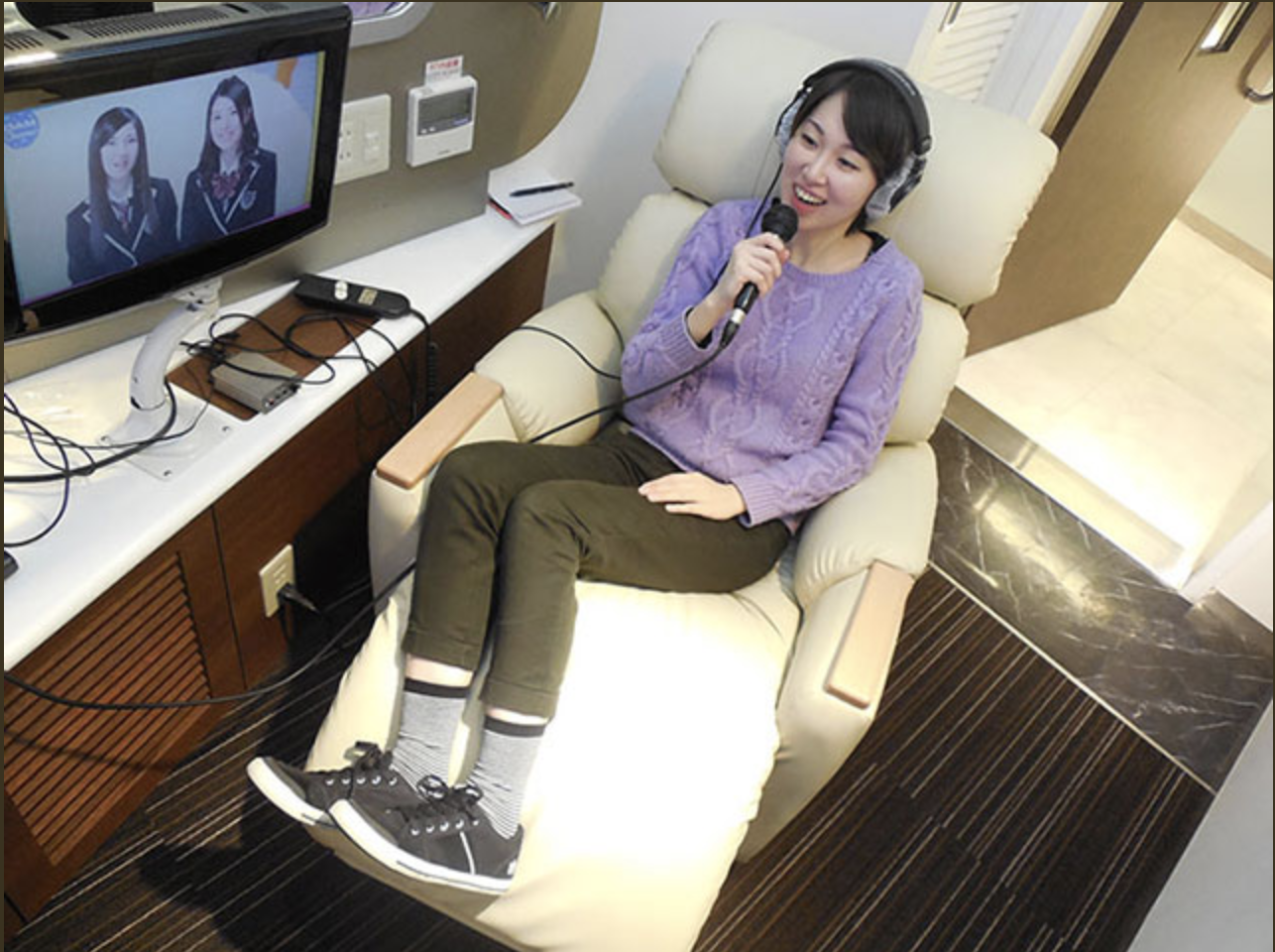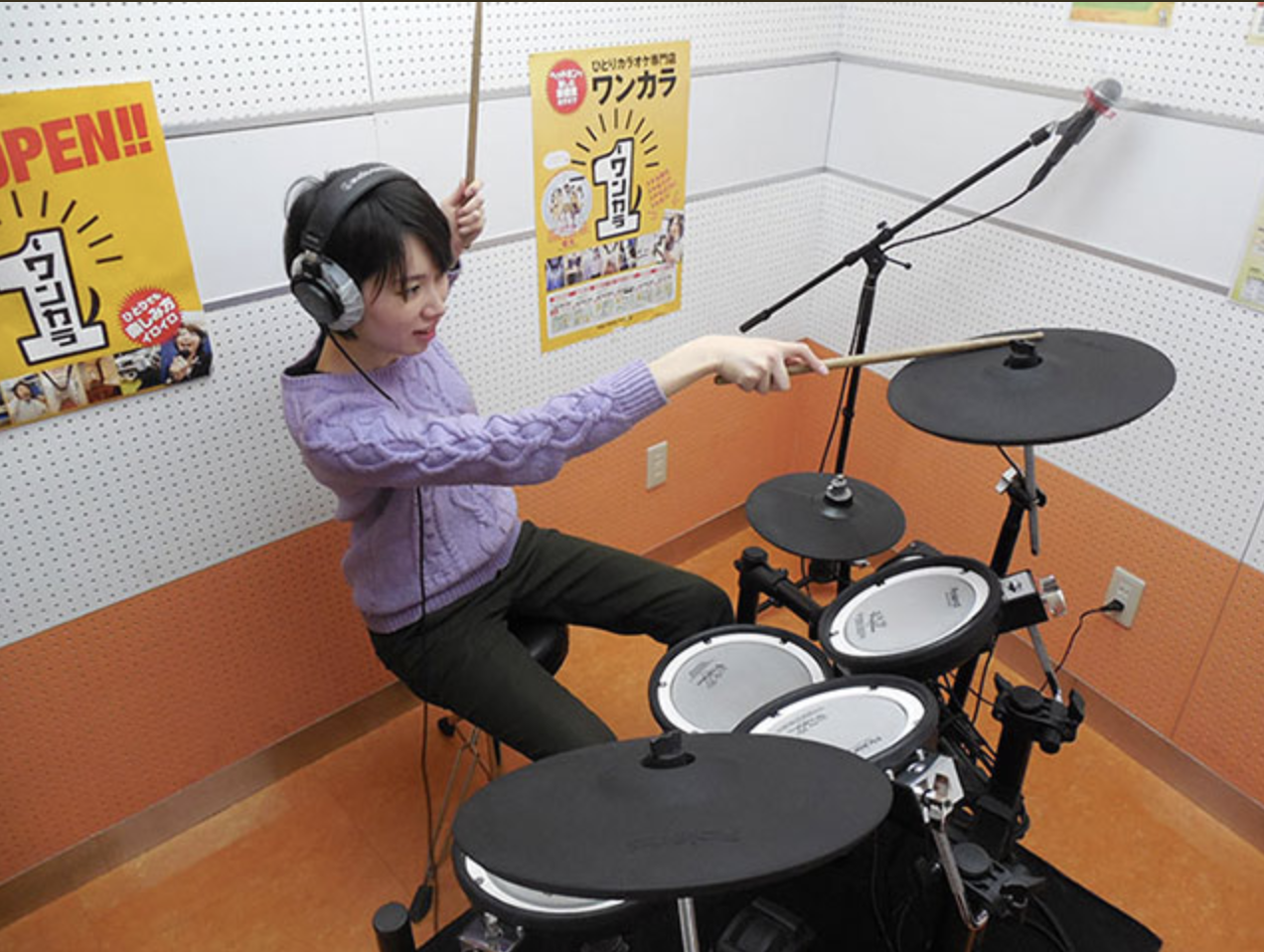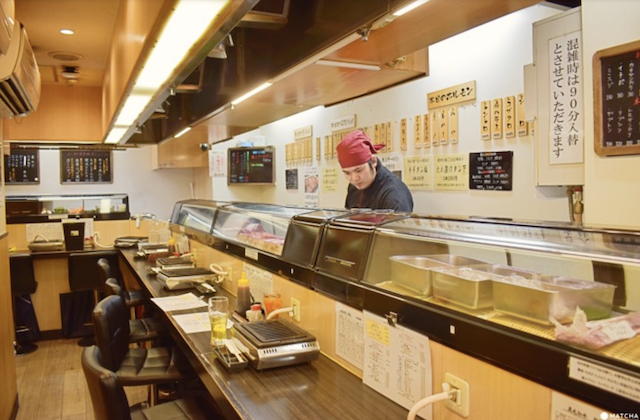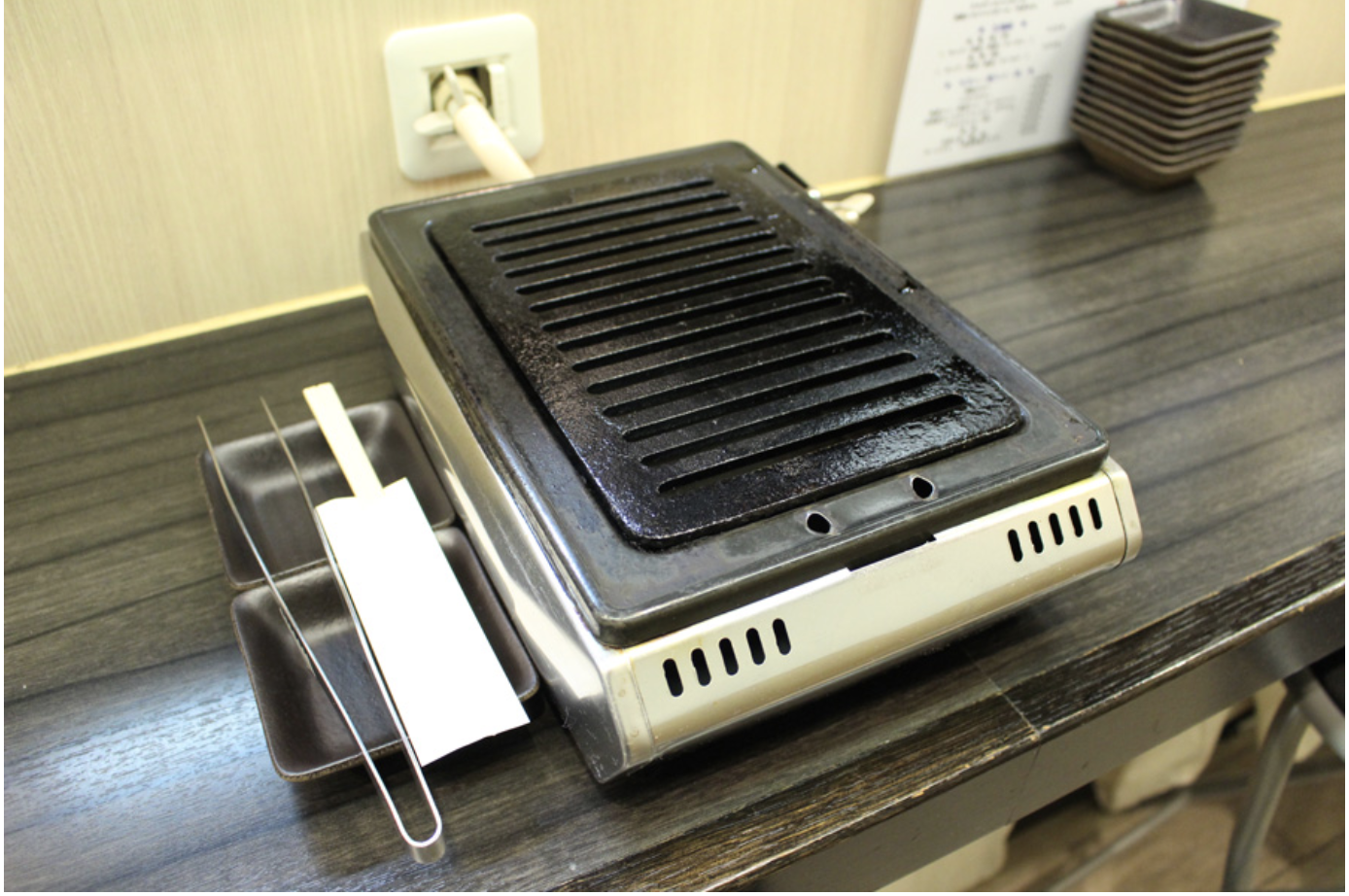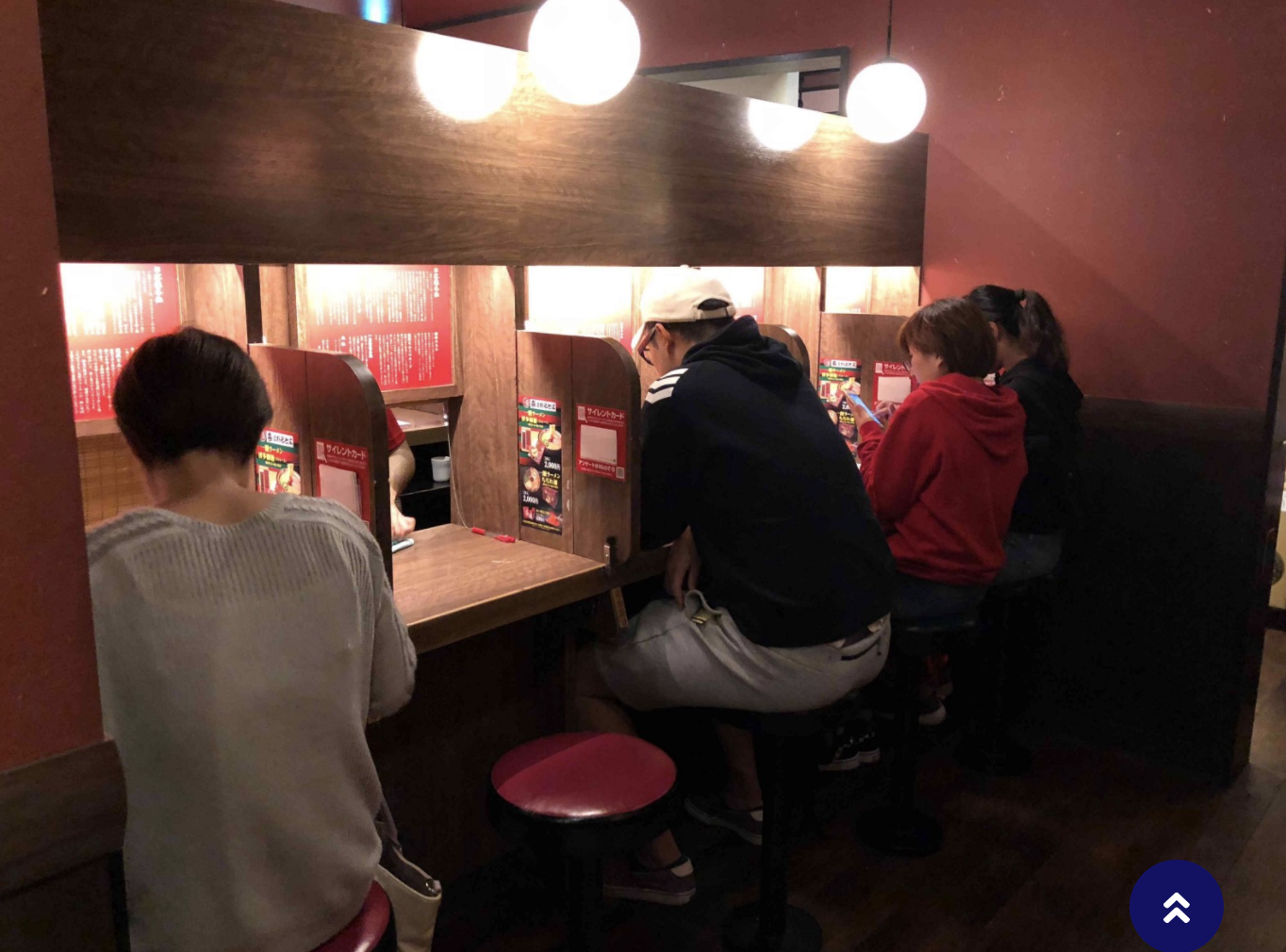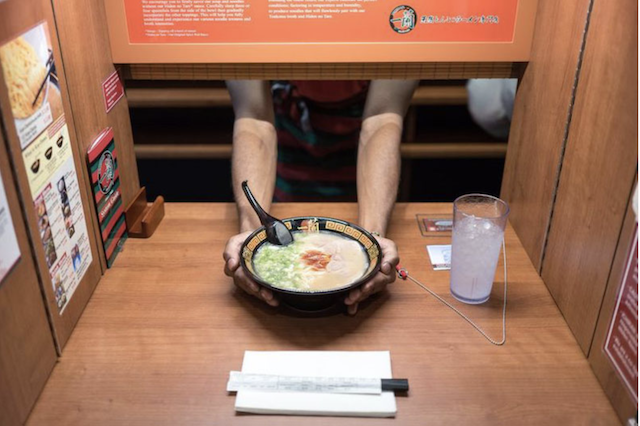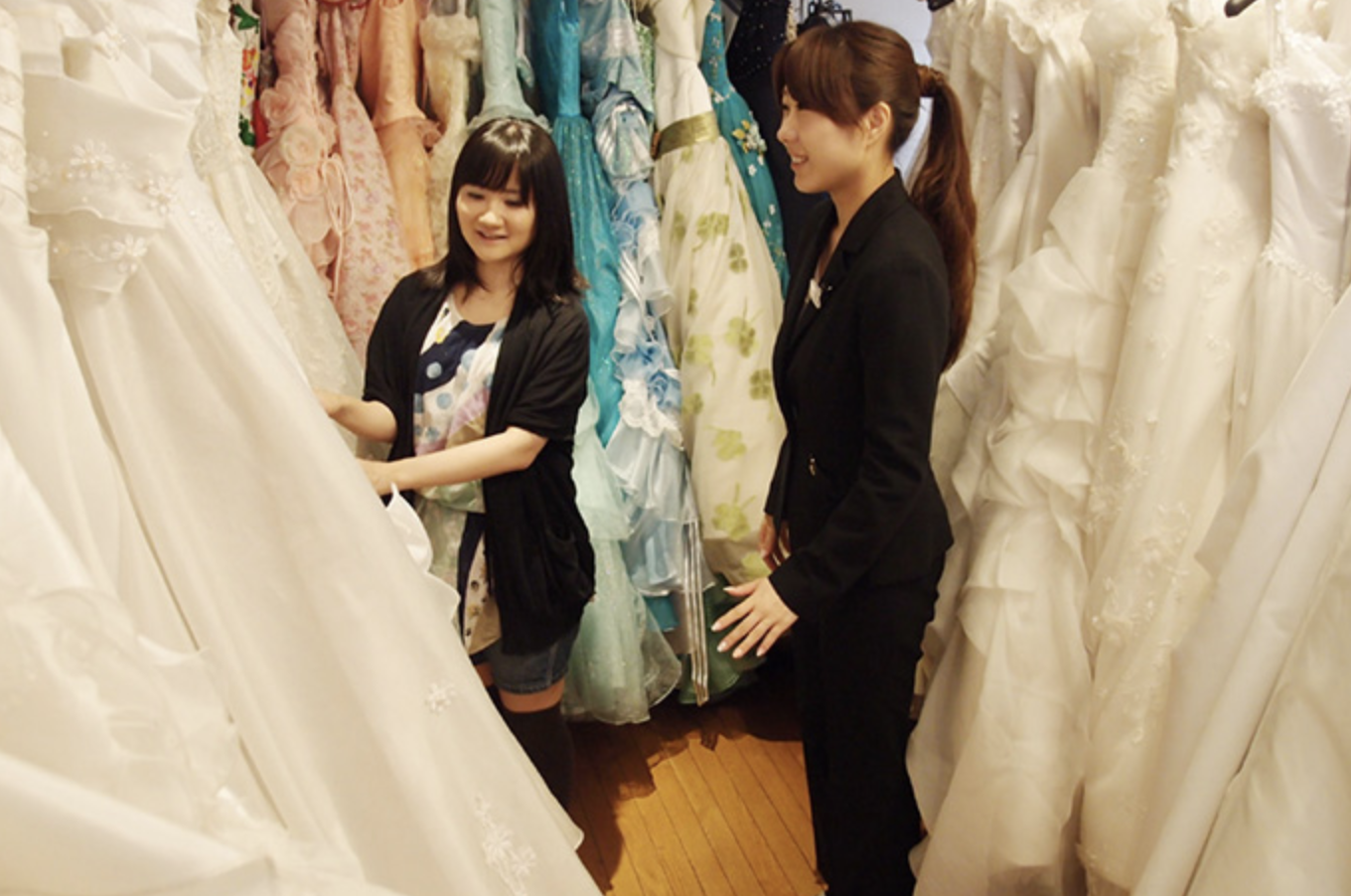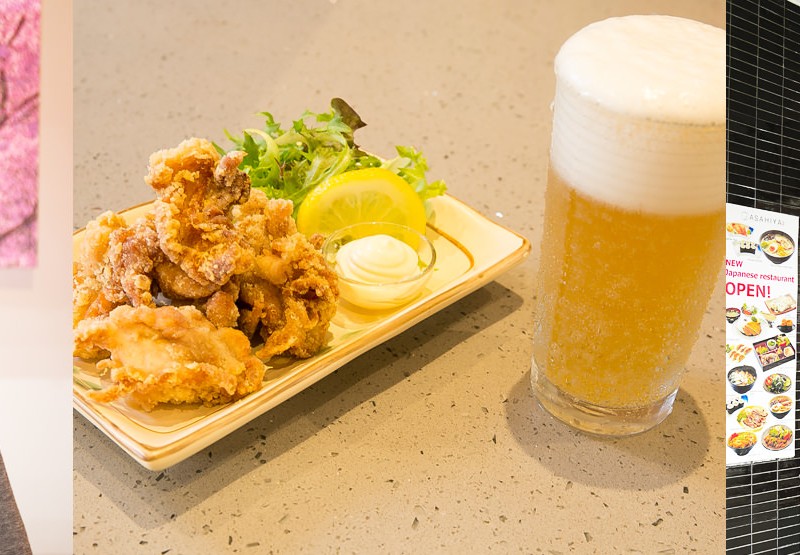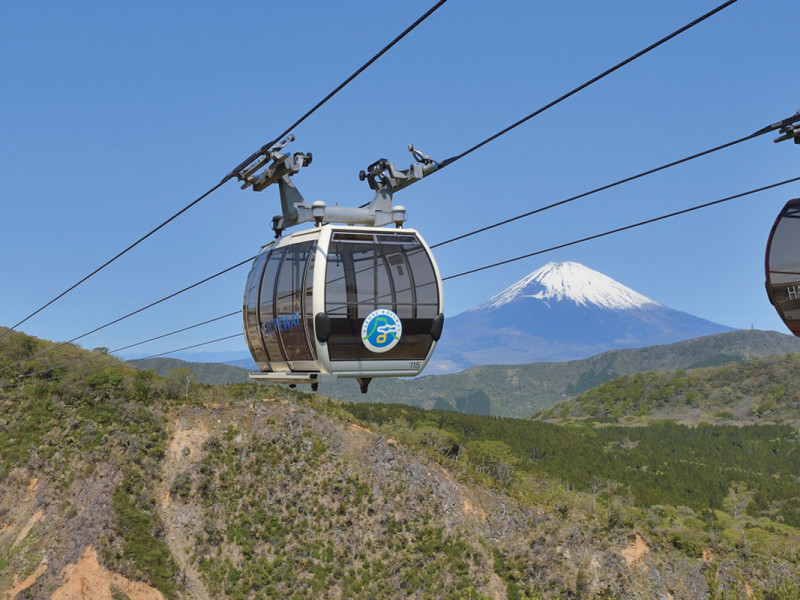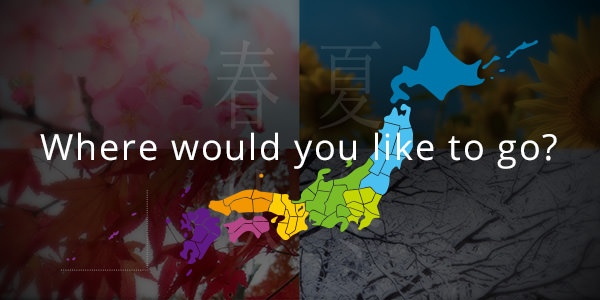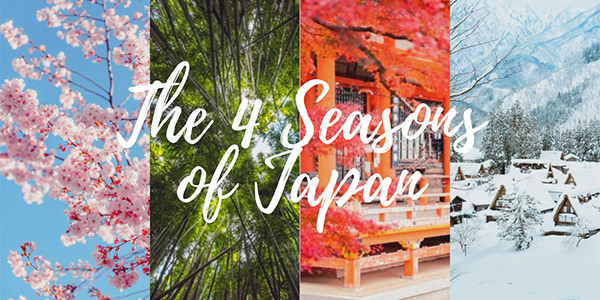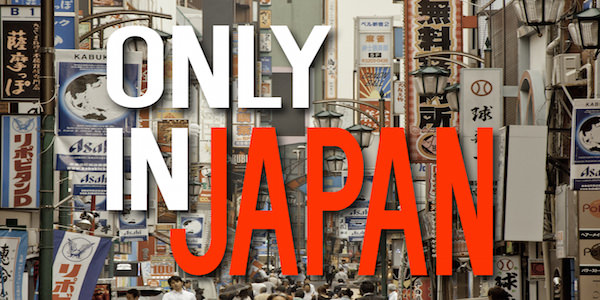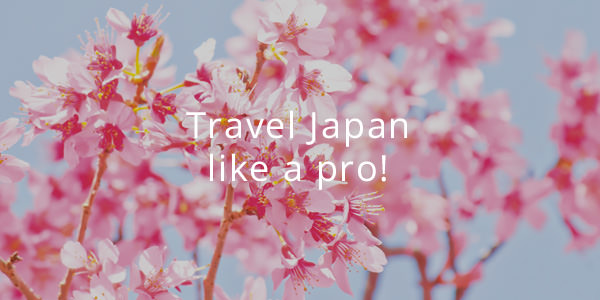Harmony is heavily valued in Japanese society, with the tendency to emphasise groups over individuals. This is said to have emerged from Japanese geography, history and culture. Being isolated from other countries, Japan has yet to experience major racial or cultural invasion, making the country homogenous. Additionally, the Japanese closed nation policy ‘Sakoku’ limits the number of foreigners entering the country, which also contributes to this collectivist belief.
The culture of rice farming also played a vast role in developing this belief. Japan has ideal conditions for rice production, and because rice farming involves numerous procedures and requires many workers, this meant that workers had to work in teams, hence favouring the society over the individual.
However, due to Western influence, this attitude has changed over the years. More Japanese are willing to perform solo activities and companies have begun to accommodate the needs of solo customers to generate business profits. Here are some unique services for those seeking solo adventures.
1. Solo Karaoke
Japanese Karaoke refers to an activity where people choose and sing/ perform their preferred songs in front of a small crowd. Japanese usually book their own private room to enjoy karaoke among their family or friends. Now, the karaoke store 1Kara is synonymous with solo karaoke activities, providing rooms with the latest professional audio equipment.
2. Solo Dining
Yakiniku, or Japanese barbeque, would be a bit of a challenge for solo diners, especially because the atmosphere and the portions are typically targeted at group customers. However, Yakiniku restaurants for solo diners have emerged in Japan recently, so that individuals no longer have to give up eating Yakiniku altogether. Solo Yakiniku restaurant Misono employs a sushi bar-style interior with counter seats, meaning that diners do not have to awkwardly face each other.
Seats are also comfortably spaced out and an individual mini grill is allocated to each customer so that they can enjoy meals at their own pace.
Misono offers a wide selection of reasonably-priced high-quality A5 beef that customers can order through tablets to minimize the interruptions between staff and customers.
As for ramen, famous chain restaurant Ichiran has taken extensive approaches to comfort solo diners. Human interaction is kept to the bare minimum here, with the introduction of a ‘Flavour Concentration Booth’ as private eating spaces are partitioned to allow customers to focus on the rich bowl of broth in front of them.
No verbal communication is required during the ordering process either, as one is only required to slip the order sheet under the window of the bamboo screen, which is how ramen is also served.
There is no need to worry about slurping and table manners in general here, since privacy is guaranteed.
3. Solo Weddings
You don’t need a partner to have a wedding in Japan. One company launched a ‘two-day solo wedding package’ for women seeking a wedding experience without any commitments. This package covers almost everything that ordinary wedding events include, from wedding dress fittings, bouquet arrangements, hair and make-up services and photoshoots.
It even includes a one day stay at a luxurious hotel, a limousine ride and a photo album, while suite rooms, non-surgical beauty treatments and nail care services are optional at no additional cost. All services are conducted by professionals, allowing participants to enjoy a quality wedding. Participants can also invite their family and friends to celebrate with them and even choose to depart for a honeymoon right after the experience.
From karaoke to wedding experiences, Japan has certainly catered well to individuals. It can well be said that Japan is starting to branch out from the collectivist mentality, with businesses tailoring their services to accommodate the needs of individuals and it will not be surprising if this mentality continues to be encouraged in the near future. More Japanese will appreciate the freedom of being alone, which will bring diverse values to society.


